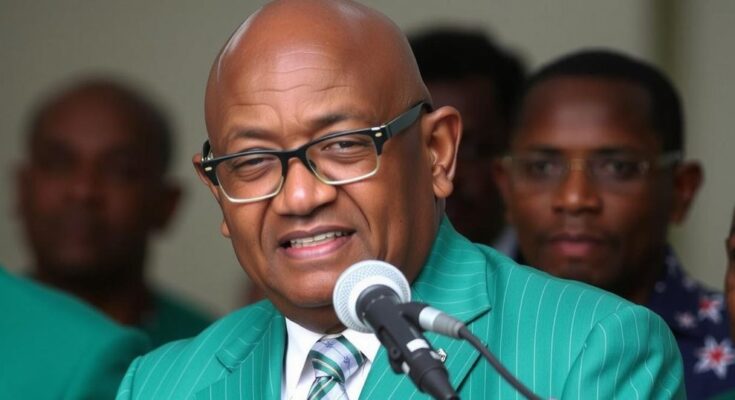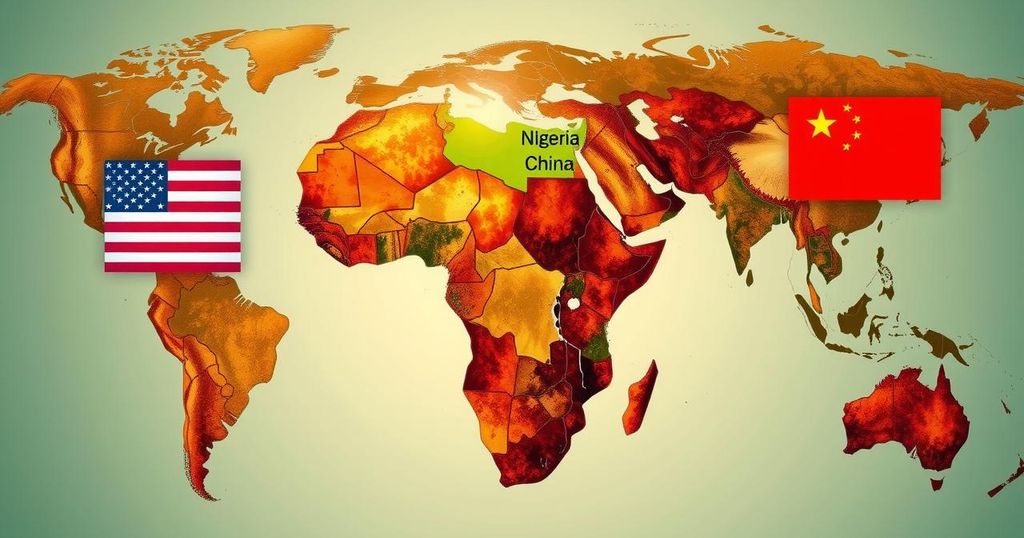Desi Bouterse, the former president of Suriname, recently passed away. The National Democratic Party has not requested a state funeral, although discussions concerning his political legacy are ongoing. Bouterse had been convicted for serious crimes, affecting public sentiment and decision-making regarding memorial services. A pending autopsy may influence the timing and nature of any future ceremonies.
In Suriname, the vice-chairman of the National Democratic Party (NDP), Ramon Abrahams, stated that the party has not formally requested a state funeral for the late former president Desi Bouterse but expressed openness to the idea if it occurs. Bouterse, aged 79, was previously convicted for his involvement in the December 8, 1982, murders of 15 individuals, including journalists and political figures, which resulted in a 20-year prison sentence prior to his death. Abrahams noted that Bouterse’s body was returned to his residence by unidentified individuals, while acknowledging that an autopsy is pending, affecting the organization of any memorial services. He indicated that plans for a possible funeral could take place around January 3 or 4 but emphasized the party’s position of not actively seeking a state funeral. Abrahams conveyed that supporters and family members are awaiting the autopsy report cautiously.
In the context of Bouterse’s legacy, Gregory Rusland, chairman of the National Party Suriname (NPS), acknowledged the complex impact of Bouterse’s political influence over the past 45 years, recognizing both positive and negative perspectives among citizens. He urged calm and offered condolences to Bouterse’s family.
Desi Bouterse served as the president of Suriname and held significant influence in the country’s politics for several decades. His controversial governance included serious human rights violations, notably the execution of 15 opposition figures in 1982, which led to a criminal conviction and international legal issues. His recent passing has reignited discussions surrounding his contentious legacy and the societal divisions regarding his role in Suriname’s history. The political landscape reflects a struggle between commemorating a leader and acknowledging past atrocities, which complicates the discourse on potential state honors following his death.
The situation surrounding Desi Bouterse’s death illustrates the complex and often polarizing legacy he left in Suriname. While the National Democratic Party does not seek a state funeral, there remains a potential for formal proceedings depending on circumstances surrounding the autopsy and public sentiment. The varying reactions from political leaders highlight the ongoing discourse about Bouterse’s impact on Surinamese society, reflecting both gratitude and grievances among the populace.
Original Source: www.jamaicaobserver.com




